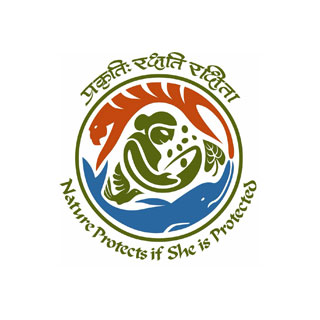UNESCO New Delhi Office, the Organization's first decentralized Office in Asia was established in 1948. At its inception, it dealt with science and technology programmes in eleven South and Central Asian countries, i.e. Afghanistan, Bangladesh, Bhutan, India, Iran, Maldives, Mongolia, Myanmar, Nepal, Pakistan and Sri Lanka.
In time, it incorporated communication programmes, and still later expanded to include education and culture.As part of UNESCO's new decentralization policy, UNESCO New Delhi is presently designated as a Cluster Office and is a platform for delivery of activities in all areas of UNESCO’s competence, namely, education, the natural and social sciences, culture, communication and information. It implements a biennial Cluster programme that is integrated within itself and with the overall goals of the Organization. This is done through a fundamental operating principle - consultation and consensus with the National Commissions of the Member States, Regional Bureaus, civil society representatives, and other stakeholders and partners.
The New Delhi Office is now mandated to cover six countries of South Asia -- Bangladesh, Bhutan, India, Maldives, Nepal and Sri Lanka.UNESCO's programmes in Bangladesh and Nepal are implemented in consultation with UNESCO Offices in Dhaka and Kathmandu respectively.



